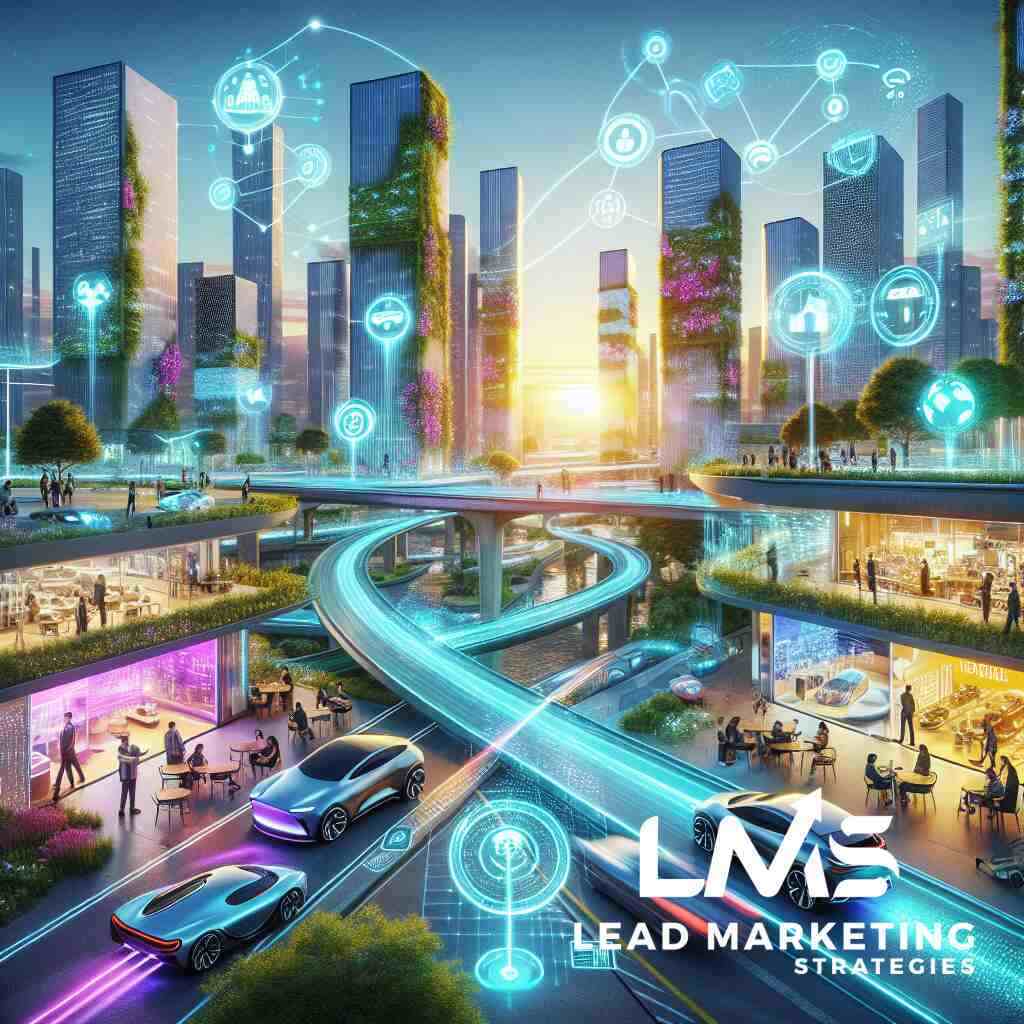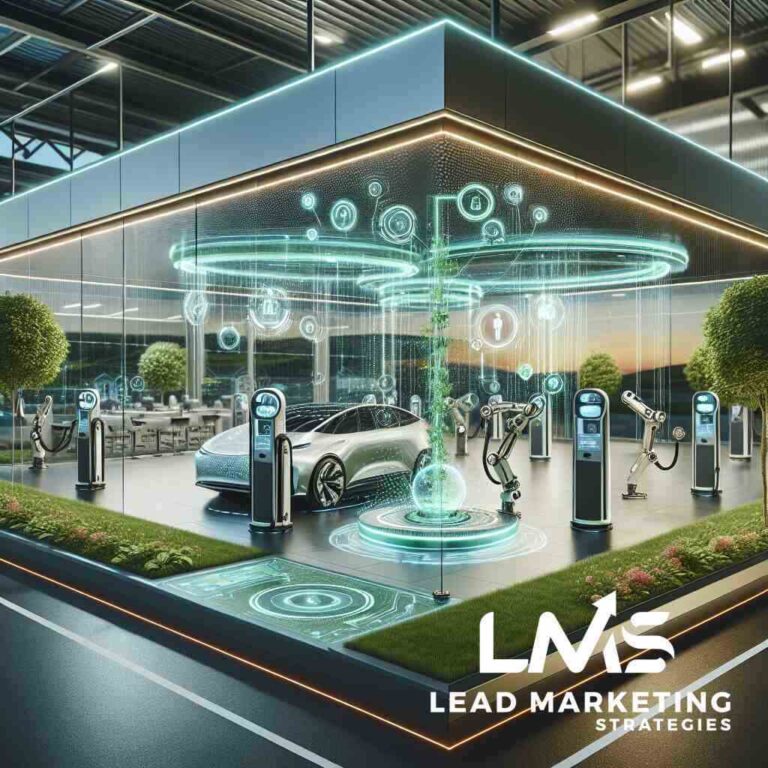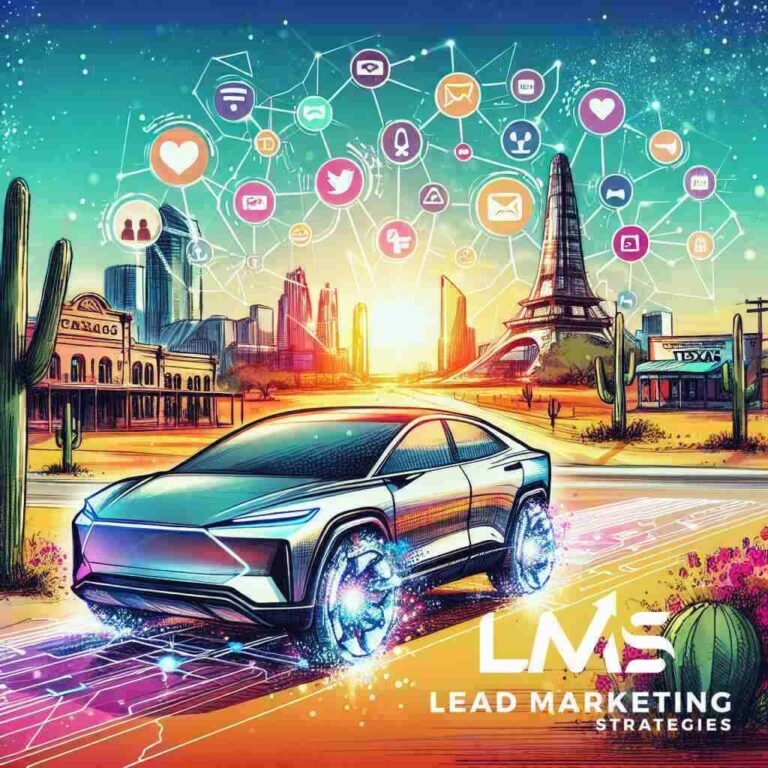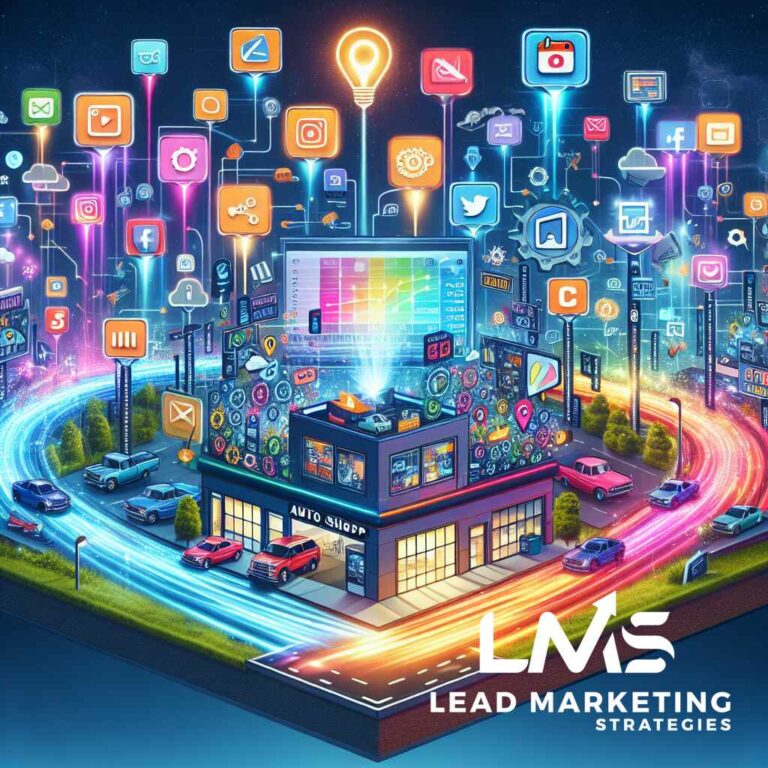Visionary Prelude to Brand Strategies of Tomorrow
The Evolution of Auto Industry Branding Towards 2025
As we approach 2025, the landscape of automotive branding is undergoing a significant transformation, requiring forward-thinking strategies that embrace both digital innovation and customer engagement. The auto industry has always been a beacon of change, with evolving consumer preferences driving automotive brand innovation in 2025. Marketers must anticipate these shifts by integrating emerging trends into their brand strategies. Understanding technological advancements, such as electric vehicles and autonomous driving, can reshape how brands connect with their audience. Predictive analytics and consumer insights play a pivotal role in this evolution, enabling brands to tailor experiences to meet the genuine desires of potential buyers.
Predicting Consumer Behavior for Future Brand Development
In the auto industry, predicting consumer behavior is paramount for successful brand development in 2025. Understanding the preferences and needs of potential customers allows marketers to craft personalized experiences that drive engagement and loyalty. Brands can employ AI-driven brand insights to uncover patterns in consumer behavior, offering a competitive edge in the dynamic market. By fostering agility to adapt to these insights, brands can remain resilient in the face of industry changes. Cultivating emotional connections through strategic storytelling will further strengthen loyalty and distinguish automotive brands. Recognizing cultural diversity and shifting consumer expectations will guide campaigns and ensure relevance in a global market.
Leveraging Automotive SEO and Auto Service Advertising for Brand Prowess
To establish a robust brand presence and achieve SEO for automotive success, auto industry leaders must harness the power of targeted digital strategies. Well-crafted automotive SEO can enhance online visibility, facilitating greater reach and customer acquisition. By prioritizing keywords that align with consumer search intent, brands can ascend search engine rankings and capture the attention of potential leads. Coupled with strategic auto service advertising, these efforts create a coherent brand narrative, reinforcing consumer trust and advocacy. Utilizing data-driven decisions within these frameworks ensures campaigns are both measurable and impactful. Brands that optimize their approach will find themselves well-positioned to thrive in the rapidly evolving landscape of 2025 branding.
Blueprints of Innovation: Crafting the 2025 Brand Experience
Harnessing AI-Driven Brand Strategies and Data-Driven Decisions
In the rapidly advancing sphere of brand strategy, the integration of AI-driven brand strategies and data-driven decisions is paramount. AI technology enables auto industry leaders to derive real-time insights from extensive datasets, allowing for the development of hyper-personalized marketing strategies that resonate with individual consumer needs. This personalization fosters customer loyalty, which is invaluable in the competitive market environment predicted for 2025. Brands leveraging AI can better anticipate consumer trends, ensuring their branding remains agile and effective in adapting to future auto brand strategies. Expert use of data analytics not only enhances consumer engagement but also drives business growth by optimizing resource allocation and refining product offerings.
Experiential and Immersive Marketing for Unforgettable Brand Engagement
As the essence of marketing continues to evolve, creating experiential and immersive marketing encounters becomes crucial for memorable brand engagement by 2025. Experiential marketing innovations shape interactions that captivate consumers, facilitating authentic connections with automotive brands. Utilizing virtual and augmented reality experiences, automotive businesses can showcase their vehicles in dynamic ways that traditional showrooms cannot match. This immersive approach aligns with consumer desires for interactive and memorable purchasing journeys. By adopting experiential strategies, brands not only captivate their audience but also differentiate themselves in a cluttered market, ensuring a lasting impression that translates into loyalty and advocacy.
Navigating the Omnipresence of Digital-First Branding and Social Media Evolution
The digital landscape of 2025 demands that brands prioritize digital-first branding strategies for 2025 as part of their core marketing focus. The omnipresence of digital platforms and the continued evolution of social media necessitate a seamless integration of online engagement tactics into branding efforts. Social media’s rapid evolution offers automotive brands unprecedented layers of engagement, where content must not only be visually appealing but also contextually relevant to capture and sustain audience attention. A well-executed digital strategy creates a comprehensive brand experience across touchpoints, fostering deep connections with consumers. By engaging in digital-first approaches, automotive brands can adapt to consumer dynamics and emerging technologies, ensuring sustained relevance in the global marketplace.
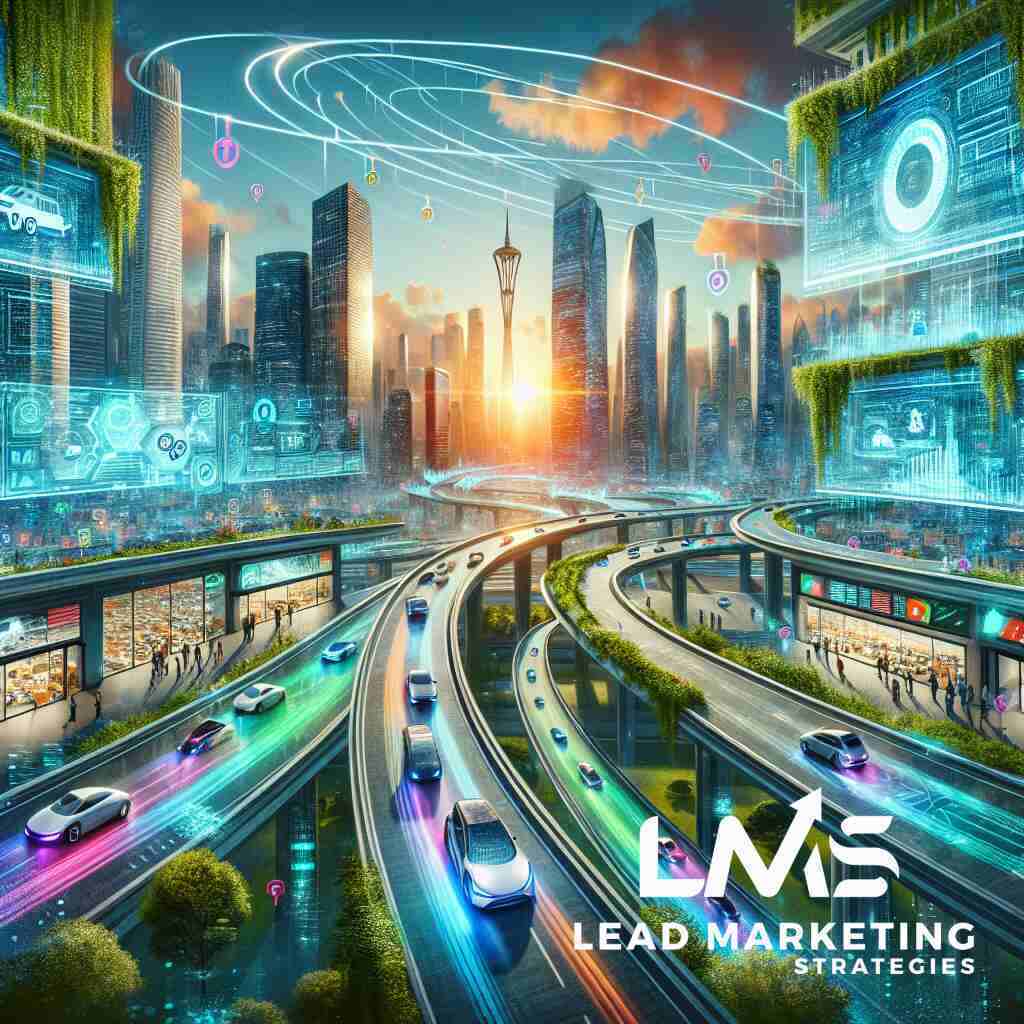
Embodying Resilience: Adaptive Branding Techniques
Brand Agility: Responding to Changes in Automotive Industry Trends
In 2025, brand agility is vital for thriving amidst ongoing automotive industry changes. As the industry evolves, brands must swiftly adapt their strategies to stay ahead. Agility requires an openness to innovation, enabling brands to modify their approaches based on emerging trends and consumer expectations. This flexibility fosters competitiveness, particularly when dealing with technological advancements like electric and autonomous vehicles. Implementing data-driven insights enhances agility, allowing brands to quickly respond to shifts in demand. By cultivating a responsive brand culture, businesses can navigate the complexities of modern branding, ensuring their longevity and success in an ever-changing landscape.
Emphasizing agility also aligns with evolving customer desires, promoting seamless adaptation to shifting preferences. Brands must leverage technology to anticipate these fluctuations, strengthening their market position. This proactive approach not only mitigates risk but also opens new opportunities for growth, fostering a brand reputation of innovation and foresight.
Emotional Branding Techniques: Creating Connection and Loyalty
Emotional branding techniques are fundamental for forging lasting connections and Consumer Loyalty. Crafting narratives that resonate with consumers on an emotional level distinguishes brands in a crowded market. These techniques involve tapping into universal themes and values that align with consumer aspirations, creating a sense of shared identity. Effective emotional branding utilizes storytelling, building a narrative that appeals to the heart rather than merely the mind.
Such strategies foster deep connections, prompting customers to become brand advocates. By highlighting genuine experiences and values, brands can transcend traditional marketing, enhancing their authenticity. Leveraging social media enhances these efforts, providing platforms for heartfelt engagement and interaction. Emotional branding not only boosts loyalty but also elevates a brand’s standing, making it a vital component of a successful strategy in 2025.
Relevance and empathy remain key drivers, enabling brands to connect through storytelling and create memorable experiences. Brands must focus on creating communities that reflect their core values, facilitating strong customer bonds and loyalty.
Integrating Sustainable Practices and Social Responsibility into Brand Narratives
Incorporating sustainable branding practices and social responsibility within brand narratives is increasingly important. Consumers today prioritize eco-conscious brands, demanding accountability and ethical operations. By embedding sustainable principles into their core values, brands can align themselves with this conscious consumerism, reinforcing their commitment to positive impact. This approach enhances brand reputation, elevating trust and preference among consumers.
By adopting sustainable practices, brands not only reduce their environmental footprint but also bolster their market position as leaders in responsible innovation. Highlighting these efforts in marketing campaigns communicates authenticity, attracting like-minded customers. Social responsibility transcends environmental concerns, extending to community involvement and ethical labor practices, which further solidify consumer trust.
In 2025, brands must weave sustainability into their identity, ensuring these values are reflected in every facet of their operations. Collaborative partnerships and transparent communication with consumers can amplify these efforts, setting brands apart as pioneers of change and integrity.
In Search of Brand Authenticity: Building Trust in the Digital Age
The Power of Brand Storytelling and Virtual Brand Realities
In 2025, the art of automotive brand storytelling is set to transcend traditional narratives by integrating virtual realities. This innovative approach offers brands a unique platform to craft immersive tales that not only captivate but also engage. By employing cutting-edge automotive brand storytelling 2025 techniques, brands can forge deeper emotional connections with their audience. Virtual brand realities provide a tangible context, making the brand experience more relatable and impactful. Such strategic storytelling not only enhances consumer loyalty but also contributes to brand memory and recall, essential for thriving in the competitive auto market.
The fusion of virtual elements with storytelling opens new vistas for brand differentiation. Engaging narratives enriched with interactive elements can create memorable experiences that resonate with diverse audiences. These strategies ensure that brands remain top-of-mind, transforming storytelling from a passive experience into an active engagement tool, essential for maintaining brand authenticity in the digital era.
Cross-Cultural Strategies for Global Brand Synchronization
As the automotive industry expands its global reach, cross-cultural strategies become pivotal for achieving brand synchronization. The year 2025 will demand that brands adopt fluid strategies that resonate across cultural boundaries. Effective strategies embrace both global consistency and local adaptation. Understanding cultural nuances and leveraging them in marketing campaigns is key to fostering genuine connections. This cultural consideration ensures brands communicate authentically to various demographics, enhancing global appeal.
Cross-cultural brand strategies involve tailoring messages to align with local traditions and values, thereby fostering inclusivity. By doing so, brands can position themselves as universally relevant while respecting cultural differences. Emerging markets present unique opportunities for brands to explore, compelling industry leaders to innovate their approach. This strategic synchronization allows automotive brands to build a consistent global identity, ensuring a cohesive brand image across borders.
Enhancing Brand Equity Through Consistent Customer-Centric Branding
In 2025, reinforcing brand equity requires a steadfast commitment to Customer-centric principles. Brands must focus on delivering value through an unwavering dedication to consumer needs and preferences. This involves crafting tailored experiences that resonate deeply with target audiences. Customer-centric brand development enhances loyalty, as consumers gravitate towards brands that prioritize their unique preferences.
Consistency in consumer interactions fortifies brand equity, establishing trust and credibility in consumer perceptions. By aligning branding initiatives with deep consumer insights, automotive companies can maintain relevancy and foster long-term brand relationships. This approach not only strengthens customer loyalty but also distinguishes the brand in a saturated market.
Consistent execution of customer-oriented strategies ensures that the brand message remains clear and compelling. As automotive businesses continue to evolve in the digital landscape, focusing on a customer-centric paradigm propels businesses forward, solidifying their position in the competitive arena. Such dedication to consumer satisfaction is pivotal for sustaining brand authenticity and fostering enduring consumer relationships.
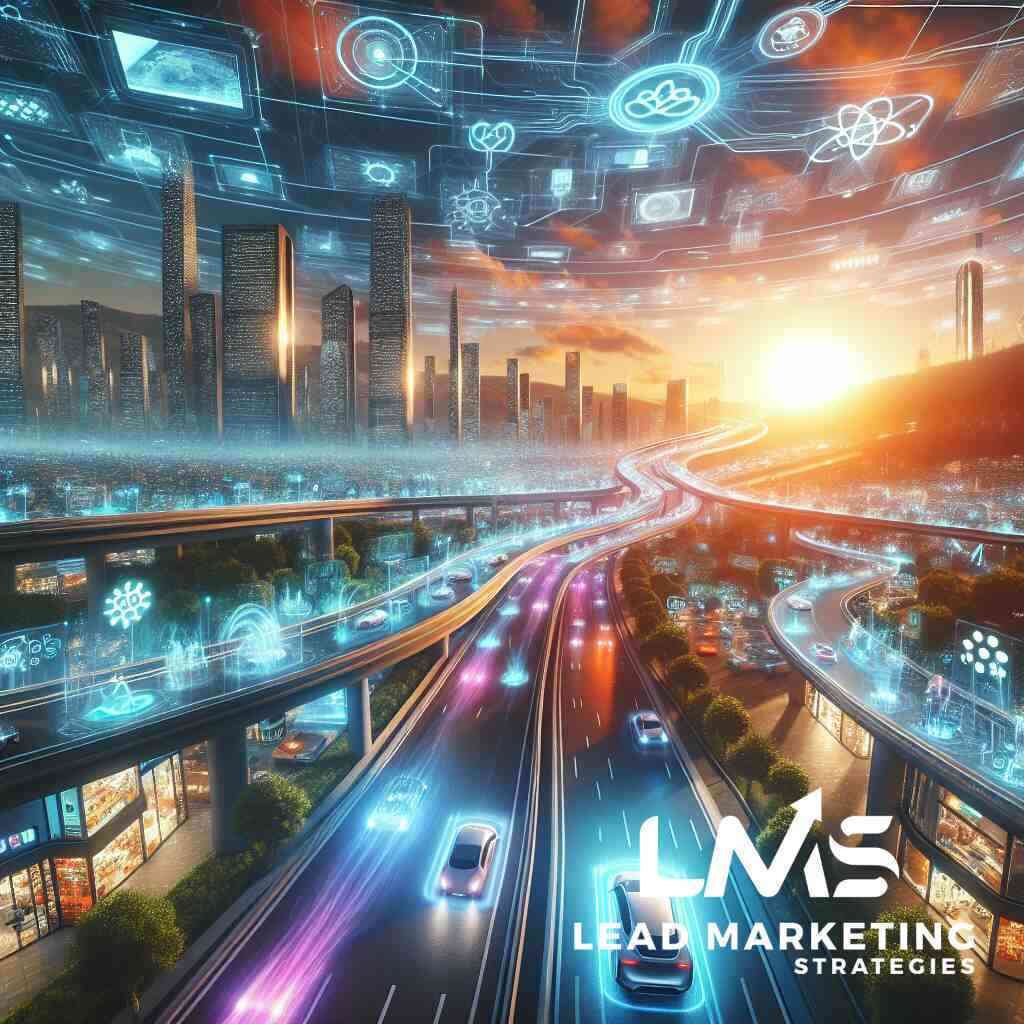
Conclusion 2025: Navigating the Future of Branding
Reassessing Brand Loyalty and Adaptation in a Rapidly Evolving Market
In the dynamic landscape of 2025, brand loyalty requires persistent reassessment and adaptation. The rapid evolution of consumer expectations and technological advancements demands agile strategies to sustain brand allegiance. Businesses need to consistently refine their approach, ensuring that their branding resonates with evolving customer needs. Embracing adaptive brand strategies allows companies to remain competitive, effectively addressing shifts in the market.
Staying attuned to consumer feedback and emerging trends fosters an environment where brands can anticipate changes and react swiftly. This proactive stance enables brands to not only retain existing customers but also attract new ones, driven by a commitment to innovation and Customer-centricity. Maintaining an open dialogue with consumers and leveraging data-driven insights can bridge the gap between brand offerings and consumer expectations. The ability to navigate these complexities will determine the success of a brand’s loyalty strategy.
Preparing for the Future with Integrated Brand Communications
As the future of branding unfolds, integrated brand communications stand as a cornerstone for effective brand strategy in 2025. A holistic approach to communication ensures coherence across all consumer touchpoints, enhancing the overall brand experience. By utilizing integrated brand communications, businesses can convey consistent messages that align with their core values and resonate with their audience.
Deploying a unified communication strategy fosters brand authenticity, nurturing trust and credibility in the digital era. As brands embrace diverse platforms from social media to digital advertising, maintaining a consistent narrative becomes pivotal. This seamless integration fortifies brand equity, driving long-term consumer relationships. The synergy between various marketing efforts, including traditional and digital channels, simplifies the consumer journey, promoting engagement and retention.
In preparing for the future, brands must prioritize communication strategies that are agile yet stable and adapt to the ever-changing market landscape. By fostering a dynamic environment for integrated communication, brands can navigate the complexities of the digital world, remaining relevant and impactful in the eyes of consumers. Through strategic planning and execution, brands can ensure their continued growth and prosperity in an interconnected global market.
Frequently Asked Questions
Question: How can AI-driven brand strategies enhance automotive brand innovation in 2025?
Answer: AI-driven brand strategies play a pivotal role in driving automotive brand innovation in 2025 by providing real-time insights into consumer behavior and preferences. Auto Shop Marketing Strategies utilizes AI technology to tailor marketing efforts, ensuring that they resonate with target audiences. This AI integration allows brands to create hyper-personalized experiences, fostering customer loyalty and securing a competitive edge in the market. By leveraging AI-driven brand strategies, businesses can anticipate industry trends and effectively adapt to shifts, enhancing their brand presence and appeal.
Question: What role do sustainable brand practices play in adaptive brand strategies for auto industry branding trends?
Answer: Sustainable brand practices are integral to adaptive brand strategies, especially in the context of evolving auto industry branding trends. Auto Shop Marketing Strategies emphasizes the importance of incorporating eco-friendly initiatives and social responsibility into brand narratives. By doing so, brands align with modern consumer expectations for accountability and ethical operations. Our approach enhances brand reputation and trust, attracting conscientious consumers and positioning businesses as leaders in responsible innovation, ultimately leading to long-term brand loyalty and differentiation in the competitive market.
Question: How can experiential marketing for brands be leveraged to create immersive brand experiences in 2025?
Answer: Experiential marketing is a cornerstone for crafting immersive brand experiences in 2025, offering consumers memorable interactions with automotive brands. At Auto Shop Marketing Strategies, we focus on utilizing cutting-edge technologies such as virtual and augmented reality to create dynamic showcases of automotive products. These experiences transcend traditional marketing, allowing consumers to engage with brands in unique and captivating ways. By aligning experiential marketing with consumer desires for interactive engagement, automotive brands can distinguish themselves in the marketplace, fostering both brand loyalty and advocacy.
Question: In the article What Defines Effective Brand Strategies in 2025, how does Auto Shop Marketing Strategies address omni-channel brand engagement?
Answer: Auto Shop Marketing Strategies addresses omni-channel brand engagement by ensuring seamless integration of digital-first branding strategies across multiple platforms. As mentioned in the article What Defines Effective Brand Strategies in 2025, it is crucial for brands to create consistent narratives across touchpoints to foster connections with consumers. Our approach includes optimizing social media brand evolution, enhancing brand equity, and tailoring content to align with consumer search intents. By employing omnichannel strategies, we ensure that brand messages are coherent and impactful, promoting engagement and retaining customer loyalty in the competitive digital landscape.
Question: How does integrating AI-driven brand strategies contribute to brand agility in 2025?
Answer: Integrating AI-driven brand strategies significantly enhances brand agility, a crucial factor for success in 2025. By utilizing AI to analyze consumer insights and market trends, Auto Shop Marketing Strategies enables businesses to respond swiftly to changes and consumer expectations. This proactive approach allows brands to pivot strategies effectively, maintaining relevancy and competitiveness in the fast-evolving auto industry. Our AI-driven tactics ensure that brand messaging remains aligned with consumer needs, fostering adaptability and resilience in the face of market shifts.
